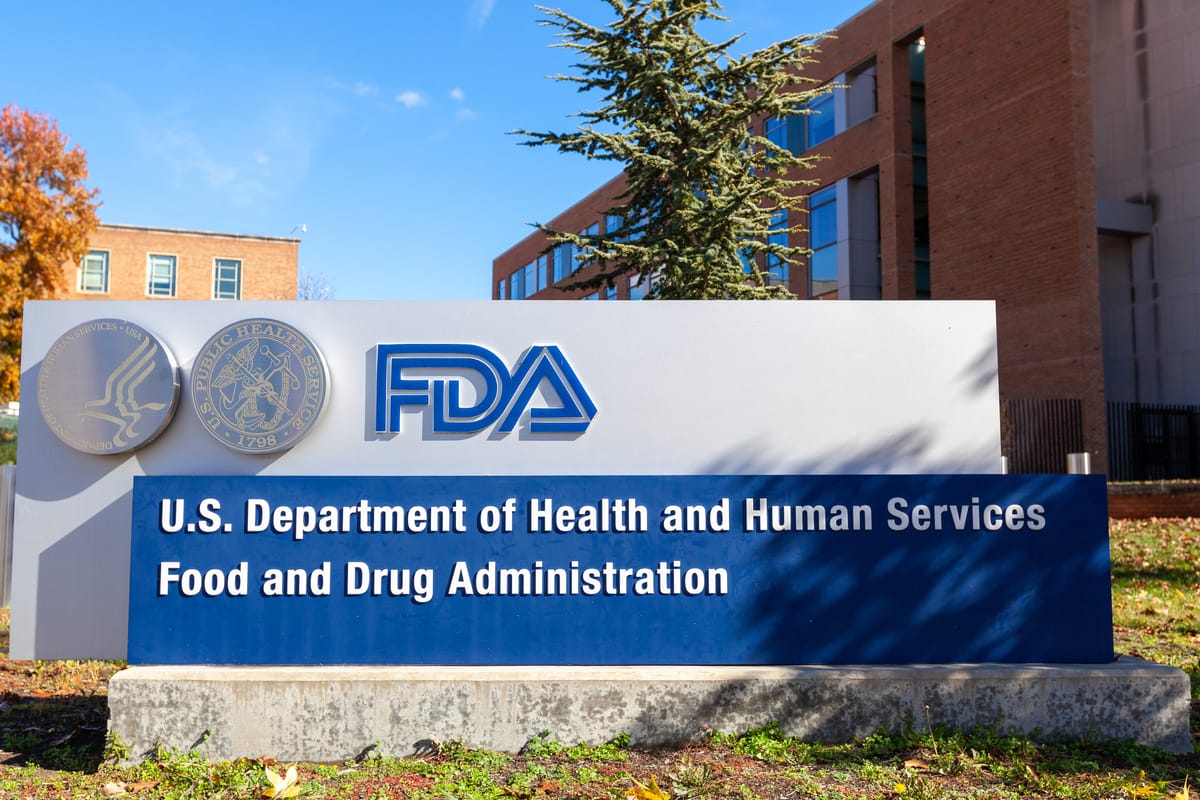FDA's New Traceability Rule: Strengthening Food Safety Through EDI

The FDA’s new traceability rule, part of the Food Safety Modernization Act (FSMA), introduces rigorous requirements for tracking food products across the supply chain. This rule mandates detailed recordkeeping of critical tracking events (CTEs) and key data elements (KDEs), ensuring that businesses can quickly respond to potential food safety issues. Companies are now required to provide traceability data within 24 hours upon request.
Electronic Data Interchange (EDI) technology plays a crucial role in meeting these requirements. By automating data exchanges, EDI minimizes manual errors, streamlines the supply chain, and ensures that records are kept in compliance with the FDA’s standards. This technology not only improves efficiency but also enhances the accuracy and reliability of traceability data, which is vital for both routine audits and emergency situations.
Adopting EDI helps businesses better manage supplier relationships and maintain the necessary documentation to demonstrate FSMA compliance. In the event of a food safety concern, this system enables rapid traceability, which is essential for preventing contaminated products from reaching consumers and mitigating potential public health risks.
In summary, the FDA's new traceability rule underscores the importance of integrating advanced technologies like EDI into food safety practices, ensuring that companies can respond swiftly and effectively to any food safety challenges.




